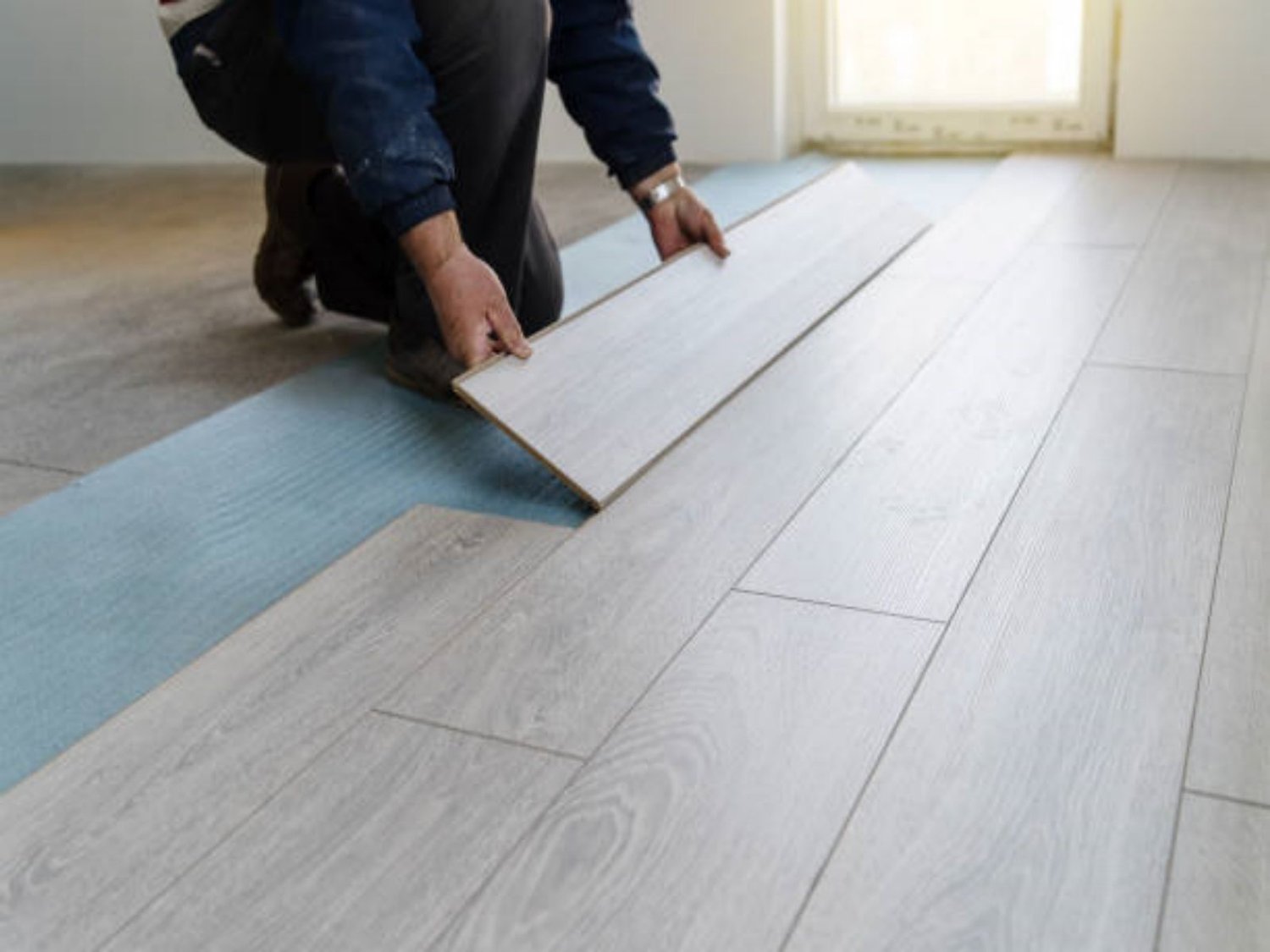How to Produce High-Quality SPC Flooring for Residential and Commercial Use?
SPC flooring, also known as Stone Plastic Composite flooring, is a popular choice for both residential and commercial spaces due to its durability and versatility. If you are interested in producing high-quality SPC flooring, this article will guide you through the essential steps and considerations. From material selection to installation, let's explore the key aspects of producing SPC flooring that meets the highest standards.
Choosing the Right Raw Materials
Producing high-quality SPC flooring starts with selecting the right raw materials. The core of SPC flooring is made up of a mixture of limestone powder, PVC resin, and stabilizers. It is crucial to ensure that these materials are of the highest quality to achieve a durable and long-lasting flooring product. The limestone powder should be finely ground and free from impurities, while the PVC resin should have good plasticity and stability.
Optimizing the Formulation
The formulation of SPC flooring plays a significant role in determining its quality. It is essential to strike the right balance between the core materials, additives, and stabilizers to achieve the desired properties. The formulation should be optimized for factors such as dimensional stability, impact resistance, and wear resistance. Conducting thorough research and testing can help in fine-tuning the formulation for optimal results.
Implementing Advanced Manufacturing Techniques
To produce high-quality SPC flooring, it is essential to utilize advanced manufacturing techniques. One such technique is the use of hot-pressing technology, which ensures a strong bond between the layers of the flooring. Additionally, precision cutting and embossing techniques can enhance the visual appeal of the flooring, making it more attractive to potential customers.
Ensuring Proper Quality Control
Quality control is crucial at every stage of the production process to ensure that the final product meets the highest standards. Implementing strict quality control measures and conducting regular inspections can help in identifying any defects or inconsistencies in the flooring. This includes checking for dimensional accuracy, color consistency, and surface finish.
Testing for Performance and Safety
Before the SPC flooring is ready for residential and commercial use, it is essential to conduct rigorous performance and safety testing. This includes tests for slip resistance, fire resistance, and chemical resistance. Additionally, the flooring should undergo testing for load-bearing capacity and stability to ensure it can withstand heavy foot traffic and furniture.
Choosing the Right Installation Method
The proper installation of SPC flooring is crucial for its long-term performance and durability. There are various installation methods available, including glue-down, click-lock, and loose-lay. The choice of installation method depends on factors such as the type of subfloor and the specific requirements of the project. Following the manufacturer's guidelines and using the recommended installation accessories is essential for a successful installation.
Maintaining SPC Flooring
Once the SPC flooring is installed, proper maintenance is necessary to keep it in optimal condition. Regular cleaning using non-abrasive cleaners and avoiding harsh chemicals is recommended. Additionally, using furniture pads to prevent scratches and avoiding dragging heavy objects can help in maintaining the flooring's appearance and longevity.
Understanding Warranty and After-Sales Service
When producing high-quality SPC flooring, it is important to offer a comprehensive warranty and after-sales service to customers. A warranty gives customers confidence in the product's quality and provides them with support in case of any issues. Clear communication of the warranty terms and responsive after-sales service can help build trust and loyalty among customers.
Keeping Up with Industry Trends
Finally, it is essential to stay updated with the latest industry trends and advancements in SPC flooring production. This includes keeping an eye on new materials, technologies, and design trends. By staying informed, you can continuously improve your production process and offer customers innovative and high-quality SPC flooring options.
Conclusion
Producing high-quality SPC flooring for residential and commercial use requires careful attention to every aspect of the production process. From selecting the right raw materials to implementing advanced manufacturing techniques and ensuring proper quality control, each step contributes to the overall quality of the flooring. By following these guidelines and staying informed about industry trends, you can produce SPC flooring that meets the highest standards and satisfies the needs of your customers.

